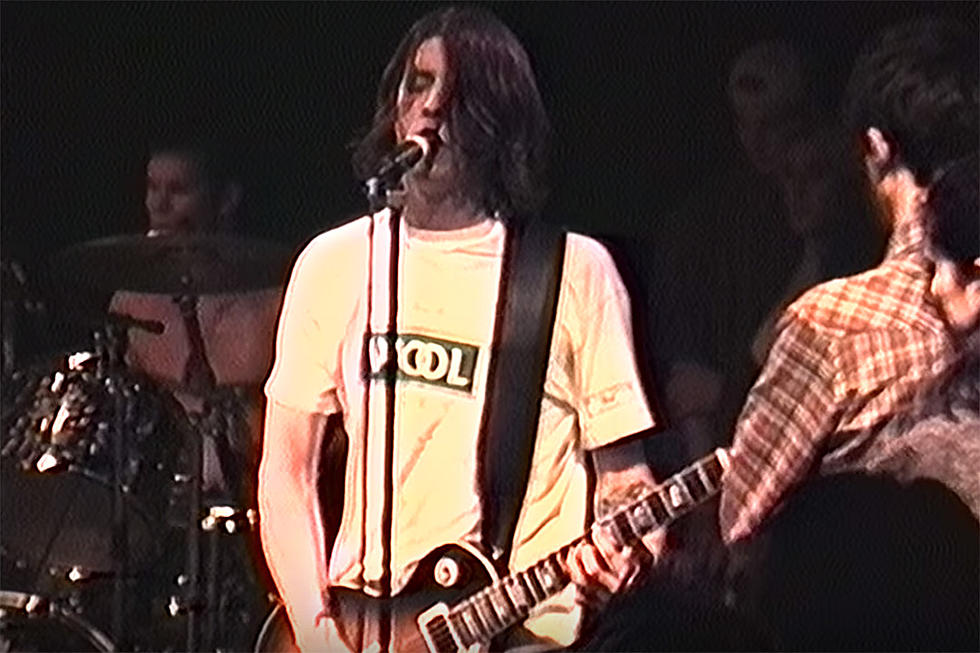
YouTube Reaffirms Zoe Keating’s Understanding of Its Contract Is Incorrect
After Canadian musician Zoë Keating shared her experience with YouTube’s licensing contract, a very public back-and-forth between her and the site ensued. Now, YouTube is once again attempting to clarify its terms.
Keating transcribed all of her talks with YouTube representatives since they began back in September 2013. She walked away with the understanding that whether or not she signed, her music could appear on YouTube’s new premium streaming service, Music Key, if other users uploaded videos featuring her music. YouTube fired back, saying Keating’s claims were “patently false.”
Now, a spokesperson for the site is saying the contract allows Keating and other musicians to monetize their music on Music Key. If they choose not to sign, their content will remain on the site, they just won’t be able to make a profit off of it. Likewise, YouTube says Keating can keep her Content ID account, which helps artists monetize videos from other users featuring their music.
Keating’s talks with YouTube reps also left her under the impression that she would have to premiere new music on YouTube at the same time as other sites, such as iTunes and Bandcamp. YouTube is now saying that, yes, the music should be made available on the video-hosting website, but artists are still permitted to post music elsewhere first for exclusive promotions and the like.
Keating maintained her side of the story, however, telling Billboard she was “very happy to hear YouTube has changed that language in the contract, and I look forward to seeing it, since mine does not say that.”
More From Diffuser.fm









